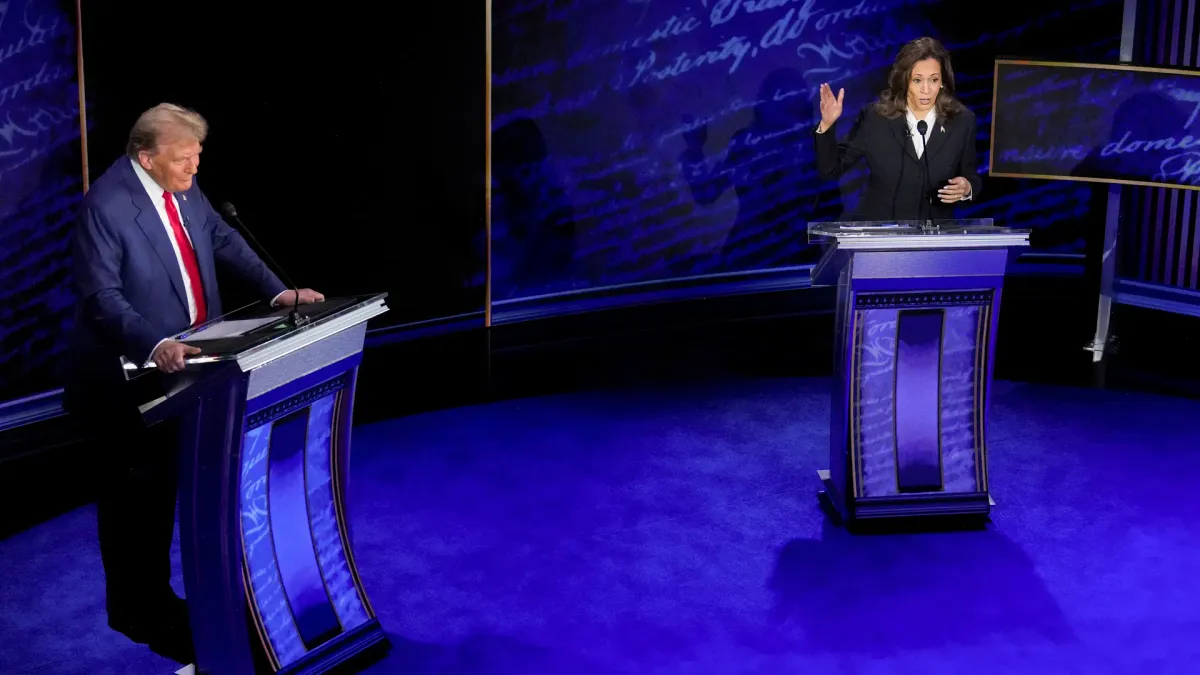A brief history of Presidential debates.
There's no evidence that they matter, but they certainly are memorable.

So, this past week (September 10, 2024) occurred again one of the rites of passage of the American political season: the Presidential debate. This is not a rehash or analysis of what happened between Kamala Harris, the Democratic candidate, and former President Donald Trump, the Republican. There’s been plenty of that sort of debate postmortem this week. What there hasn’t been a lot of, as usual, is historical context. Though each debate in each Presidential race has its own unique circumstances, this institution—which is fairly recent in U.S. political history—does have its own broader story which is at least worth looking at. There are some features of Presidential debates that you might not know about, or might not have considered.
For starters, I have been unable to find any evidence that debates, by themselves, have ever had any measurable effect on the actual outcome of a U.S. Presidential election. To be sure, it’s hard to know what that evidence would look like if it existed. Though media outlets often do “exit polls,” which are generally worthless, I’m not sure how you could measure whether a particular debate changed the minds of enough voters to make a difference. More often it seems—and in the absence of evidence one can only guess—that the perceived results of debates tend to point in the general direction of where an election is headed without actually playing a causal role. On the other hand, there are enough debates in recent history whose “results,” assuming you can even define them, are contrary to the election result itself to be able to make a case that debates don’t matter at all. So perhaps debates are trivialities. Even at that, they are certainly high-profile trivialities.


